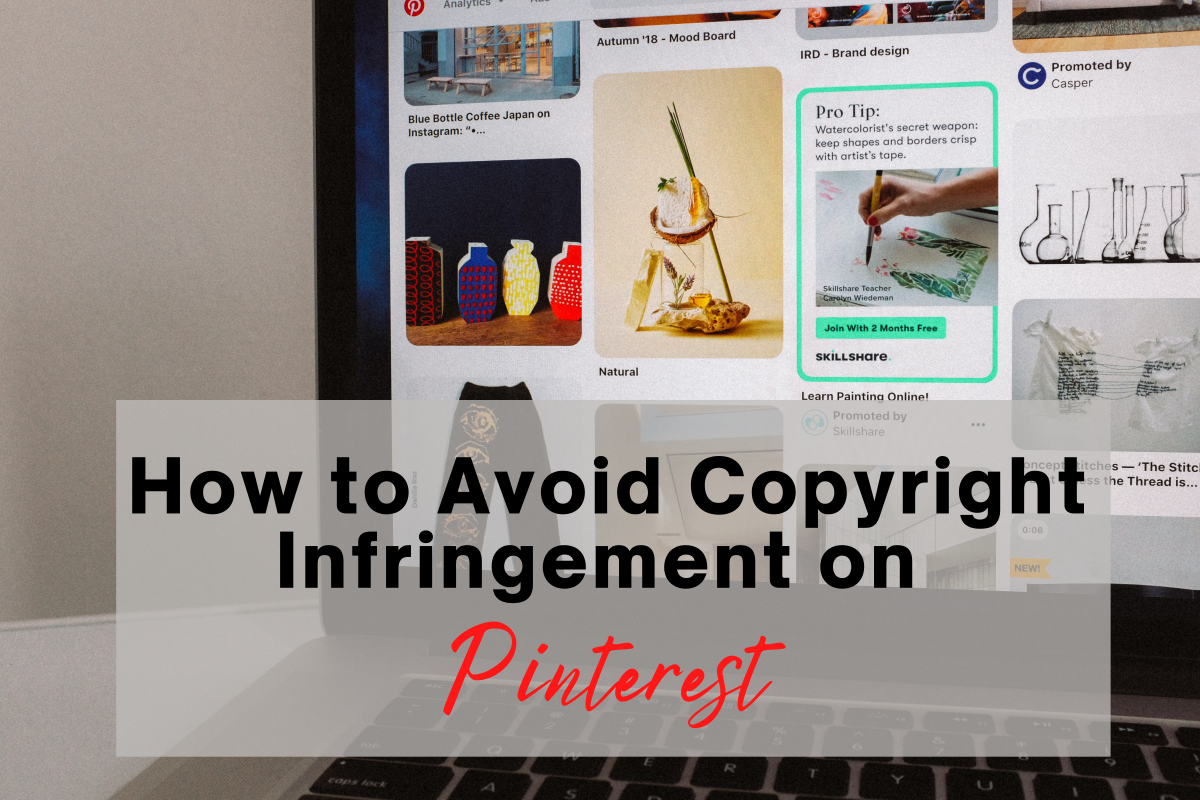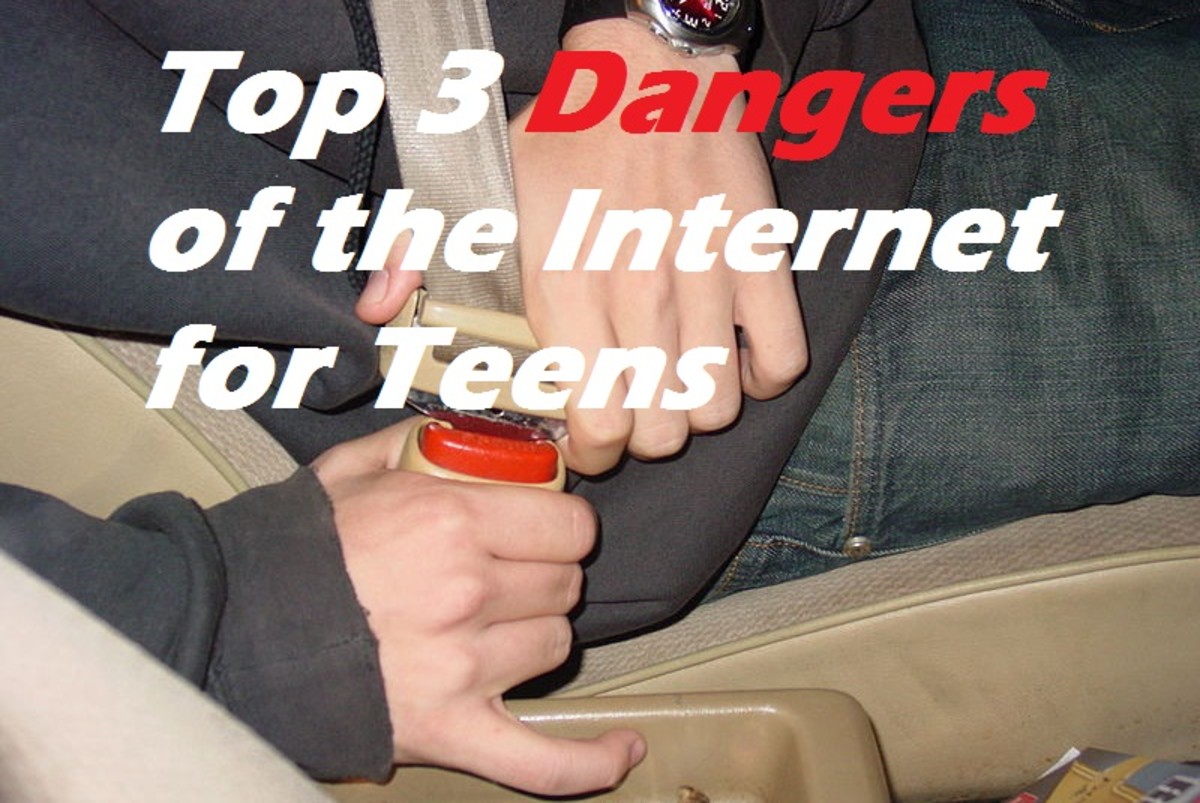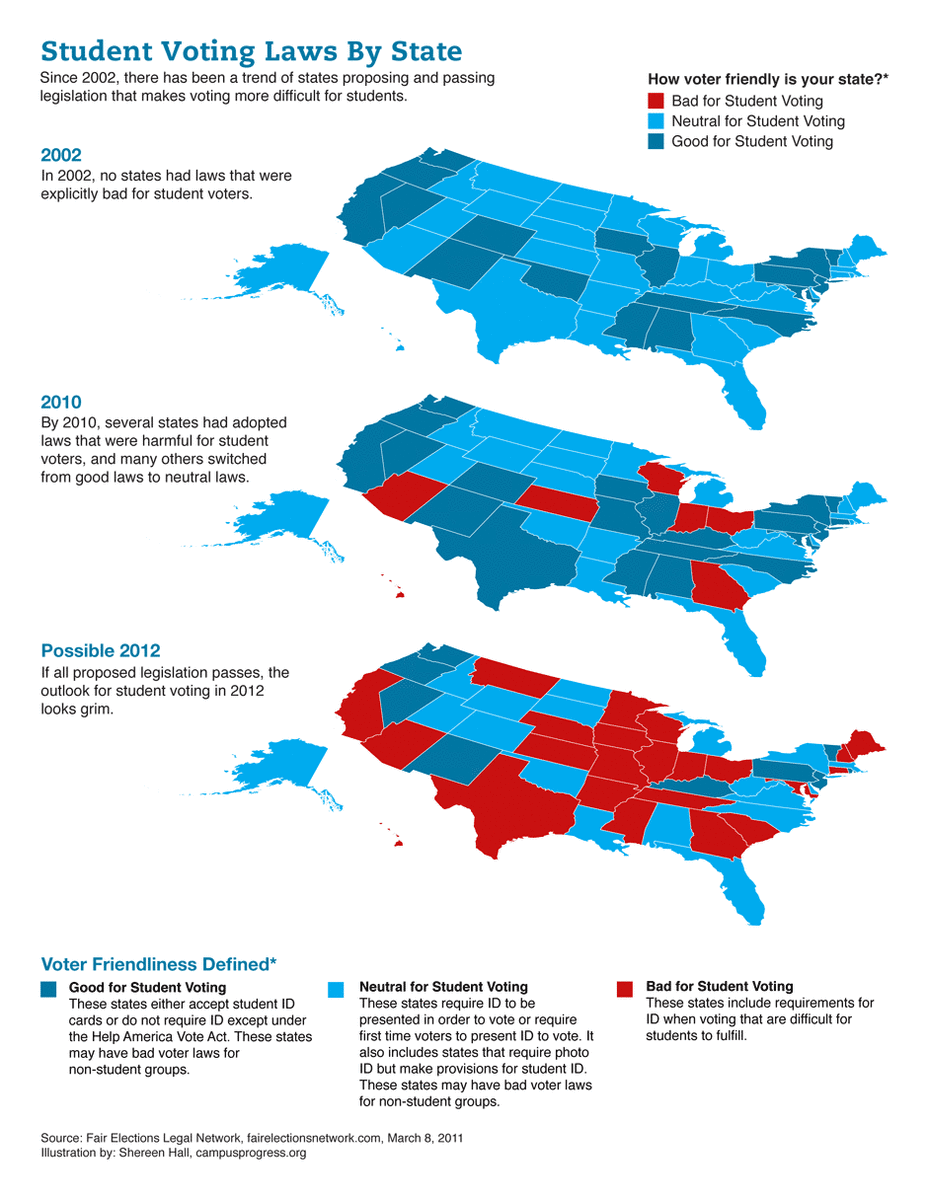Why SOPA Threatens All Of Us
CENSORED
What is SOPA?
SOPA, the Stop Internet Piracy Act, is the House version of PROTECT-IP. The full text of the bill can be found here.
On the face of it, a bill to reduce internet piracy sounds pretty good. However, this bill has forced me to break my normal rules about writing only about evergreen topics and absolutely avoiding politics.
Why?
Because absolutely everyone who writes for this site, or for any article site, or blogging platform, needs to be opposed to this law. Absolutely everyone who ever uses Facebook, Twitter or Youtube needs to be opposed to this law.
If that sounds overly general, then read the text. Or if, like most people you react to reading laws with TL:DR, then read on and I'll explain exactly why this law is bad for us, for the U.S. economy and for the global economy.
SOPA Requires ISPs To Block Access To Sites
Yup. SOPA actually requires ISPs to prevent people in the U.S. from accessing sites it deems 'infringing' that are located outside the United States. Supposedly, this is only pirate sites (Pirate Bay would be affected) or ones that sell fake designer goods or other counterfeit material. So, that's not so bad, right?
Well, how are infringing sites going to be determined. Is the Attorney General's office going to wait for a complaint? Or are they going to use automated software to find 'infringing sites' - Warner Bros. has done this and it resulted in hundreds of false positives. And if they do block a legitimate site, what recourse do people have? The owner of the site can supposedly file.
The person who can't get to the possibly legitimate site being blocked? Out of luck. You're being 'protected'. But this is the least scary part. Keep reading.
SOPA Threatens Proxy Software
Do you use a proxy to get to the web when your ISP is having problems? A lot of people do. Even more people use proxies to protect their privacy and their computer from malware.
Does your employer use a VPN and require you use it to connect?
Do you use SSH or SFTP?
All of these could be used to get around the site access block listed above. So, guess what? The coders and developers are now liable. Their software is designed to circumvent the block, according to SOPA.
Who does this effect? It effects anyone who stores secure documents on the cloud. Anyone who remotely logs into their computer. Anyone who telecommutes. Fancy being told you have to come into the office every day from now on because the company that makes your VPN software got out of the business to avoid this liability?
I am sure that the drafters of the bill would say their intent is to make the creators of the software abide by the site blocking...which is no better. The true likely effect is to stop people from making such software.
Goodbye some of the best ways to protect your online privacy and the safety of your or your employer's information. Chilled yet?
A Final Concern
There is also a version of the bill going through the senate called PROTECT IP. This version, while less severe in the areas mentioned above, contains something far worse.
It makes third parties liable for content provided on their site, stripping away the DMCA safe harbor provision. Under the DMCA, a site that promptly acts to remove infringing content cannot be sued over it.
Under PROTECT IP, they can, no matter how briefly the content was up there, no matter how quickly they acted to remove it. SOPA at least requires a court's approval...like the government or the RIAA could not get a court's approval.
Think about that.
Somebody posts a video to Youtube with a copyrighted song. The RIAA sues Youtube.
Somebody tweets a link to a site selling counterfeit goods. The government sues Twitter.
And wins.
In order to avoid liability, social media sites would have to start monitoring and potentially pre-censoring everything posted to them.
What about blogging platforms? If somebody blogs an excerpt from somebody else's book that's over fair use (assuming we get to keep fair use) requirements on Blogspot or Wordpress.com - those sites are liable.
What about...uh oh. What about hubpages? While I am sure nobody here would post anything that infringes copyright, Hubpages would also have to start pre-approving all of our hubs. Can they afford to do so? Can they afford not to do so?
SOPA and PROTECT IP literally threaten the future of this site, and of social media, and of blogging platforms. They threaten the very exchange of ideas that the internet makes possible.
Conclusion
This had me so worried I wrote my congressman today. SendWrite is offering a free service to send a postcard to your representative.
If you aren't concerned about this, feel free to ignore me. If you are, write your Congressman and, if you have your own website, join in with Internet Censorship Day by 'censoring' your own site in some way.
This bill will not protect customers or consumers. Nor will it protect content creators. It will line the pockets of content distributors at the expense of the rest of us...just like pretty much every other effort to stop internet piracy.
(I keep typoing it as Stop Internet Privacy Act, and I think that's Freudian...)








